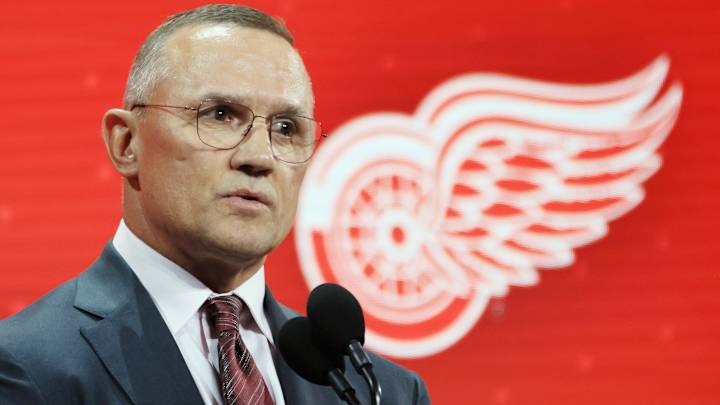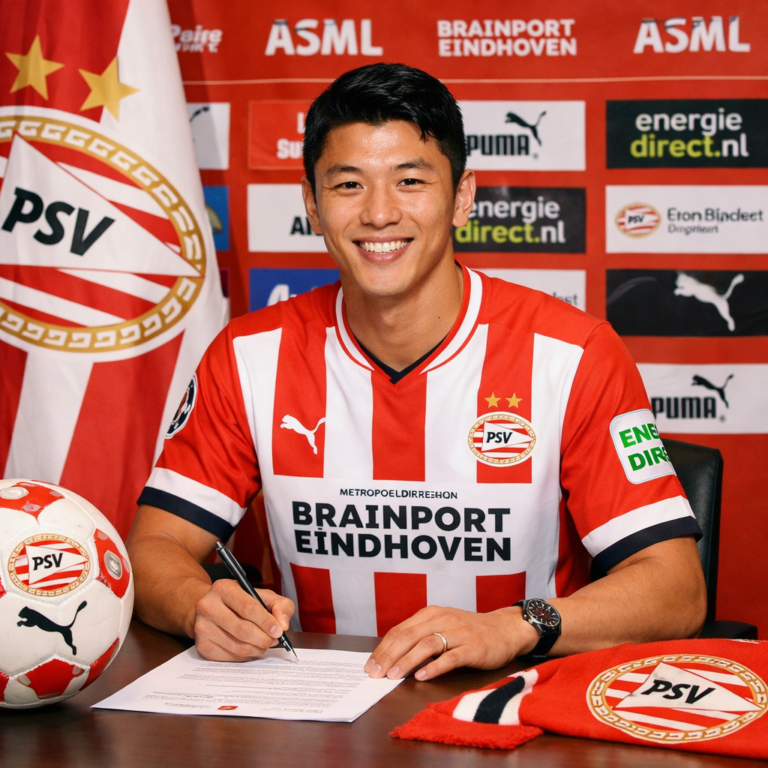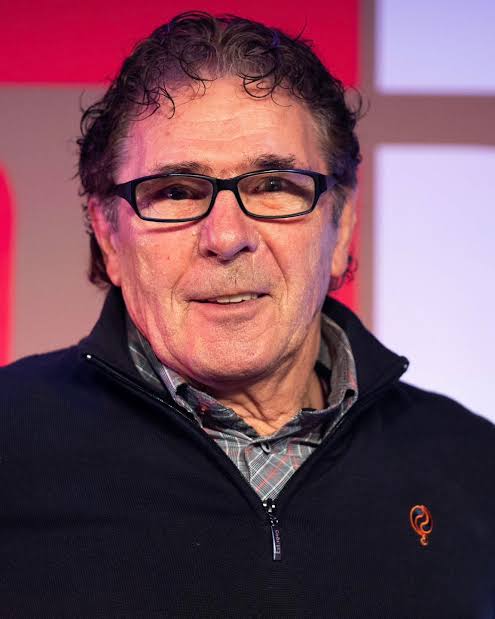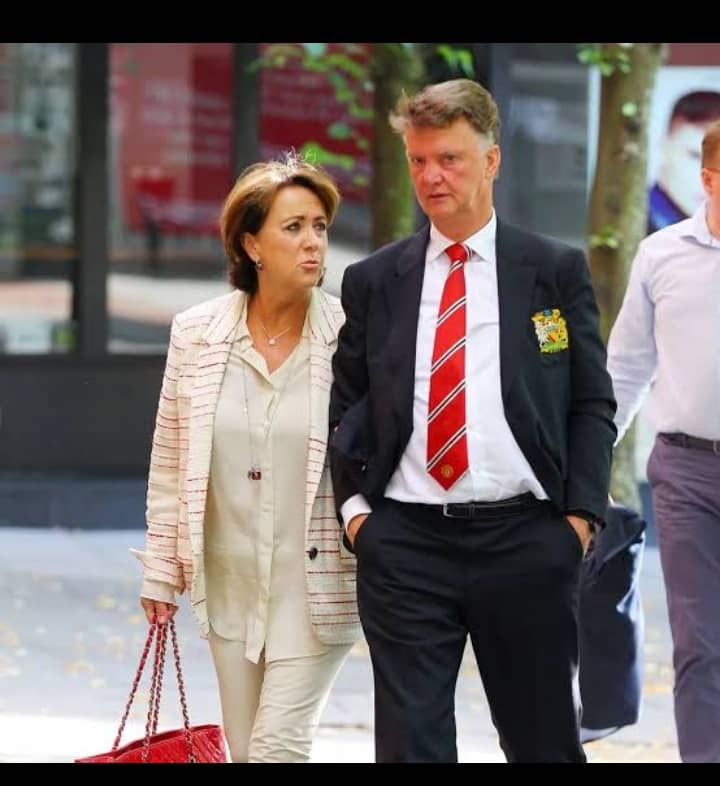
After years of optimism, rebuilding, and patient development, the Detroit Red Wings now find themselves at a crossroads, and the man once hailed as the franchise’s savior—Steve Yzerman—is under a microscope. Once a symbol of Detroit’s golden years on the ice, Yzerman’s role as general manager is now being scrutinized like never before. As the Red Wings’ playoff drought continues and the team fails to take the decisive next step, it seems time may have finally run out for Yzerman in the front office.
When Yzerman returned to Detroit in 2019, hopes were sky-high. After architecting a successful rebuild in Tampa Bay that ultimately led to back-to-back Stanley Cup titles for the Lightning, fans believed Yzerman could replicate the magic in Hockeytown. He inherited a roster full of bloated contracts, a bare prospect cupboard, and a losing culture. Patience was preached from day one, and for a time, that patience felt justified.
Yzerman’s early moves were praised. He traded away veterans for draft capital, stocked the system with promising prospects like Moritz Seider and Lucas Raymond, and brought structure to a floundering organization. He was methodical and seemingly one step ahead, resisting the temptation of quick fixes in favor of a sustainable, long-term vision. But five years into his tenure, results remain elusive.
The Red Wings missed the playoffs again this season, marking their eighth straight year outside the postseason. What’s more frustrating for fans and analysts alike is that Detroit appeared poised to break through this year. Yzerman made bolder moves last offseason—signing Alex DeBrincat, bringing in J.T. Compher, and extending Dylan Larkin—to signal the team was ready to contend. And for a time, they did. The Wings were in the playoff hunt well into March, but a brutal stretch of losses and inconsistent goaltending doomed them once again.
The question that now lingers: how long can the promise of tomorrow be used to justify the shortcomings of today?
Yzerman’s draft record, while solid in places, is not beyond criticism. Seider has developed into a legitimate top-pairing defenseman, and Raymond shows top-six potential. But other picks haven’t progressed as expected. Simon Edvinsson, Jonatan Berggren, and Marco Kasper have shown flashes but not yet broken through. The pipeline, once hailed as one of the best in the NHL, now looks uncertain in key areas, particularly at center and in net.
What’s more concerning is the roster construction at the NHL level. The Wings still lack elite, game-changing talent. Their forward group has depth but lacks a true superstar. Their defense is solid but unspectacular beyond Seider. And the goalie situation remains unstable, with no clear long-term answer. Yzerman’s tendency to gamble on reclamation projects and short-term veterans has yet to pay off meaningfully.
Internally, there is also the question of accountability. Head coach Derek Lalonde, hired by Yzerman, has struggled to find consistency with the group. The team’s special teams remain average, and defensive lapses continue to haunt them in critical moments. While it’s fair to point some blame at coaching, the roster ultimately falls under Yzerman’s purview.
The fanbase, once unwavering in its loyalty to “The Captain,” is beginning to question whether the legend can deliver as an executive. Social media, call-in shows, and even the local press have grown increasingly vocal. The nostalgic goodwill that Yzerman brought with him is starting to fade in the face of another offseason without a playoff berth.
Ownership, too, must now face a difficult decision. Chris Ilitch has largely allowed Yzerman to operate with autonomy, but the longer the team remains mired in mediocrity, the more pressure there will be for a change—either in approach or personnel. Yzerman, known for his stoic demeanor and guarded media presence, has yet to offer much insight into whether he plans to adjust his strategy moving forward.
This summer will be pivotal. The Red Wings have cap space, young talent, and several decisions to make. Will Yzerman continue to build patiently? Will he swing for a blockbuster trade to land a marquee player? Or will someone else be tasked with guiding the next phase of Detroit’s rebuild?
One thing is certain: the honeymoon is over. Steve Yzerman, a revered figure in Detroit’s past, now faces the reality of the present—and the uncertainty of the future. The legacy of his playing days remains untouched, but his legacy as general manager is very much on the line. And as the seasons pile up without meaningful success, time has become his most unforgiving opponent.






